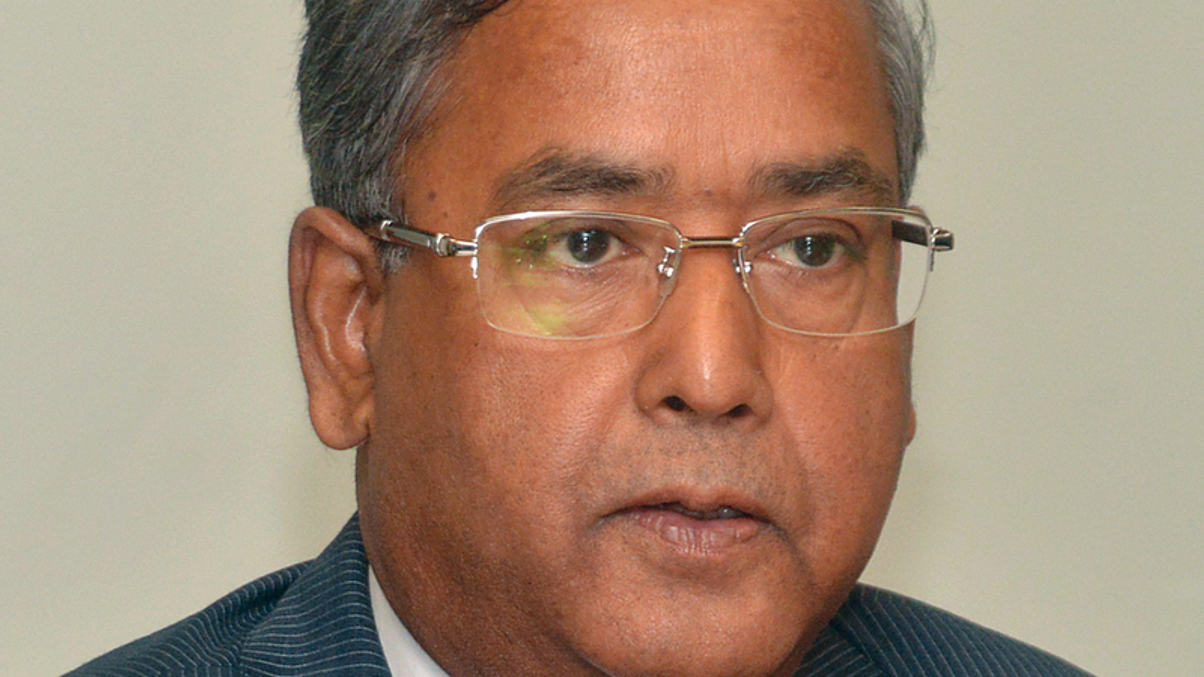Sebi chief sees acceleration of institutional opportunity
Sinha reveals his expectation that a move into securities investing by pension fund EPFO will finally spark broader opportunities for asset managers.

The chairman of India’s securities regulator, UK Sinha, has told fund houses to expect an acceleration in opportunities to manage institutional investor assets both domestically and internationally.
Sign in to read on!
Registered users get 2 free articles in 30 days.
Subscribers have full unlimited access to AsianInvestor
Not signed up? New users get 2 free articles per month, plus a 7-day unlimited free trial.
¬ Haymarket Media Limited. All rights reserved.


